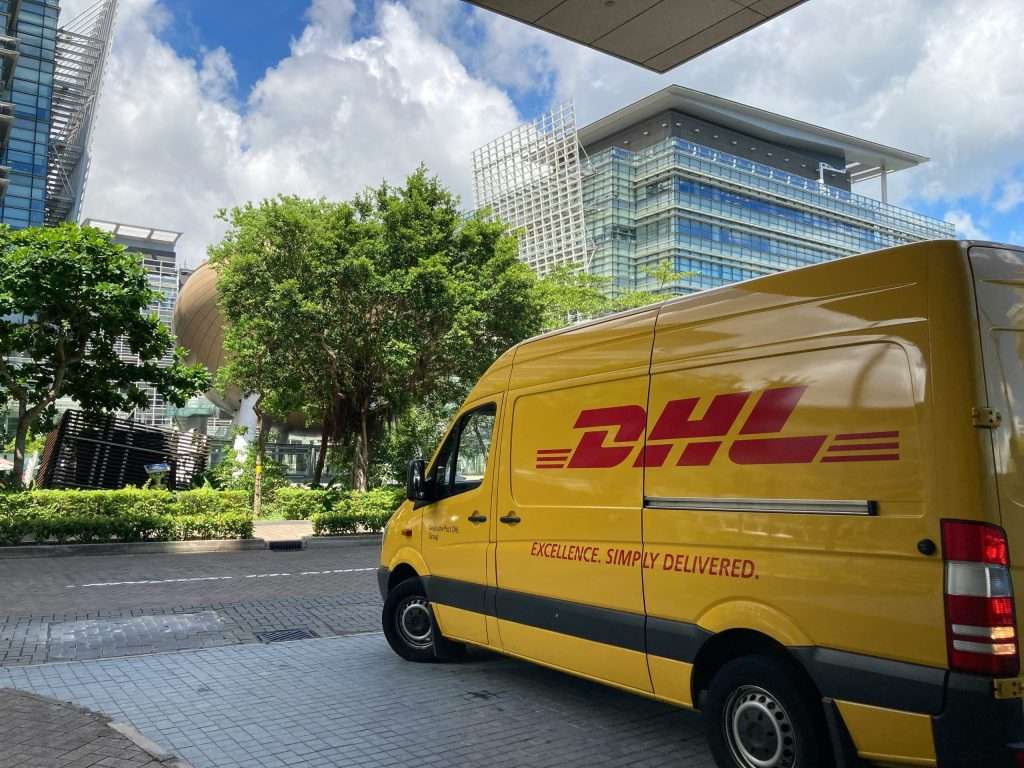Discover how artificial intelligence (AI) is revolutionizing last-mile delivery, offering solutions that enhance efficiency and sustainability in the face of rising consumer expectations.
Load Optimization: Maximizing Space and Minimizing Emissions
AI is transforming the way delivery vehicles are packed by ensuring maximum space utilization. Traditional methods often leave vehicles underutilized, leading to unnecessary trips and increased emissions. AI algorithms and tracking technologies assess parcel size, weight, and destination to optimize vehicle loads. This not only improves fuel efficiency but also reduces the number of delivery vehicles on the road, significantly cutting down emissions.
Route Optimization: Steering Towards Greener Paths
Route optimization is another area where AI is making a significant impact. Unlike manual planning, AI considers real-time data such as traffic and weather, adjusting routes on the fly to avoid delays and reduce fuel consumption. By integrating data from GPS, traffic feeds, and historical patterns, AI enables smarter, more efficient routing, contributing to lower emissions and improved delivery times.
Predictive Analytics: Forecasting for Future Efficiency
Predictive analytics leverages historical data and buying patterns to forecast demand and optimize inventory and delivery schedules. This foresight allows businesses to prepare for fluctuations in demand, reducing the need for expedited shipping and its associated environmental impact. Additionally, predictive analytics can suggest solutions to common delivery issues, such as secure locker systems in areas with high package theft rates, reducing the need for multiple delivery attempts and further decreasing emissions.
Embracing AI for Eco-Friendly Supply Chains
As sustainability becomes a priority for consumers, businesses are turning to AI to meet these demands within their supply chains. AI’s capabilities extend beyond analytics, offering tangible solutions for eco-friendly last-mile delivery operations. By leveraging AI for load and route optimization, predictive analytics, and dynamic scheduling, companies can reduce their carbon footprint while satisfying the eco-conscious consumer. Adopting AI-driven logistics is not just an environmental choice, but a strategic necessity in today’s competitive market.
In this article, we have explored how AI is pivotal for businesses aiming to achieve sustainability and efficiency in last-mile deliveries. By embracing AI, companies can meet the dual goals of customer satisfaction and environmental responsibility, positioning themselves as leaders in the future of green logistics.




